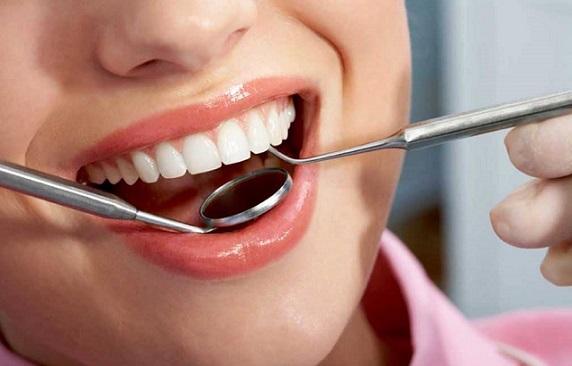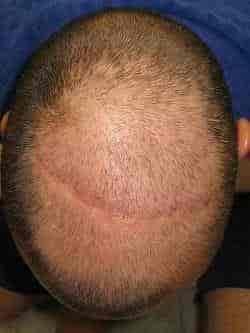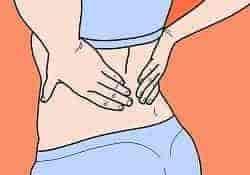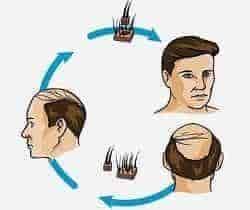Does Repeated Scaling Damage Our Teeth?
Author: Shashi Das | March 9th, 2019

The scaling is the fastest growing dental prophylaxis process. The plaque and the calculus which are the causative agents of a number of oral problems like gum ailment are removed by the procedure of scaling.
Gum ailment which is also known as the gingivitis, if not treated at the right time, can contribute negatively towards the teeth foundation and cause damage to the supporting structures of the teeth.
If scaling can be done half-yearly, the calculus can be removed, the gum disease cycle can be broken and the gum ailment onset can be prohibited.
How Vital is Scaling?
Tooth scaling is usually quite important and many experience issues related to the gums, if scaling is not done in a proper manner. The gums begin to recede because of tartar formations and the teeth can get loose and even fall out. This can lead to bad breath, gingivitis and impact the heart in an adverse manner, too.
Concerns and Complications Associated with Scaling
Apart from the huge benefits and protection that teeth scaling brings with it, few complications are also associated with this procedure. Enlisted here are some of the concerns associated with teeth scaling. Just take a look.
Gum Disease – If not done in the right way, the teeth scaling can cause periodontal disease or gum disease. This type of disease can be painless, but at the same time quite progressive. The deposition of plaque beneath he gumline is the primary cause of periodontal problem. The food debris and the bacteria accumulation must be prevented for maintaining the health of the gums.
Teeth Loosening – The inadequate teeth scaling can loosen the teeth. There is also a high chance of losing multiple teeth for this. Teeth scaling can also raise the concerns for individuals who are inflicted with the diabetic condition and are affected by heart ailments.
Gums Can Get Swollen and Tender – The regular scaling procedure avoids the future bacteria build-up of plaque under the gum line that assists in avoiding the complications of the teeth. As side-effects, the sensitivity of the teeth towards hot and cold food can be raised. After the gums start shrinking, the inadequate scaling can expose the teeth roots resulting in the bleeding of the gums.
Scaling is not suitable of Hypersensitive Teeth
Scaling can make the situation worse if you have hypersensitive teeth. The hygienists and the dentists are of the opinion that the requirement of scaling can be avoided under such circumstances.
Having said that, the good news is that if you follow a healthy oral care regime like brushing twice a day and flossing and stick to a limited-sugar diet, you may not need to go for scaling at all.
Avoid smoking after scaling procedure
Smoking should be avoided for a few days after undergoing the teeth scaling procedure. You should also be careful about consuming stuff that can forms deposits in the gums like chips, popcorns and nuts.
Oral Threats
Research says that plaque deposition or deposition of tartar crossing the limit of 3 millimetres increases the complications related to the oral health. Periodontal disease starts affecting the pockets of gums under such circumstances. The periodontal disease happens when the gum pockets have more deposited plaque than is usual.
Recommendations
The side-effects reported after teeth scaling are, however, minimal and hence in most cases, are ignored. The plaque must be removed form the gum line for saving the teeth from any potential periodontal problem.
The scaling, in most cases, involves only cleaning and polishing. There is, therefore, no damage to the enamel as only the vibration motion is used for removing the stains, tartar and calculus.
The Verdict
Usually the healthy teeth that are accompanied with intact enamels do not get damaged by teeth scaling and polishing or repeated scaling. But if you have hypoplastic enamel or fluoresced teeth with pits or worn out eroded surface then the repeated scaling takes a toll on your teeth. They can enlarge the surface defects and the pits. In that case, it is better to go for the scaling procedure less frequently and brush and maintain oral hygiene on your own. You should also attend regular appointments with the dentist so that any kind of plaque build-up or gum shrinkage can be prevented.
*****





.jpg)



